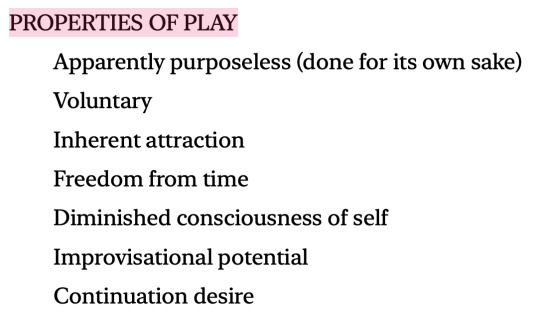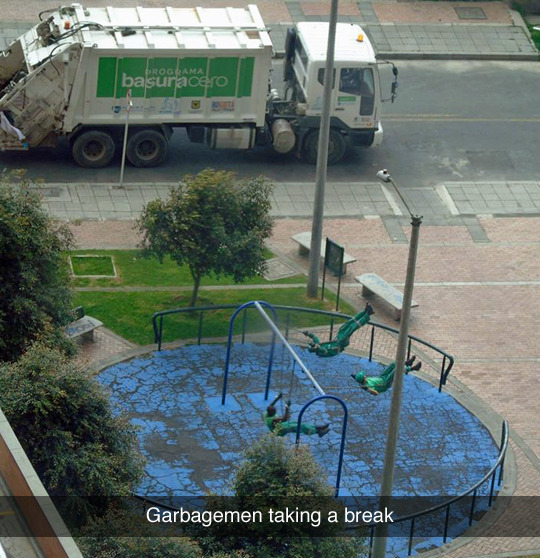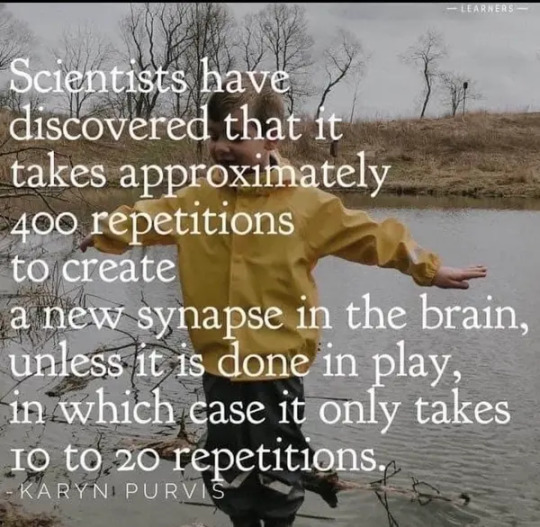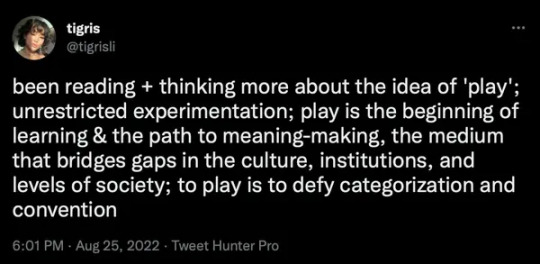Text
nobuddy feels like they have a sharp attention span these days, right? and we all just click “agree on terms of service” because its hard to love yourself sometimes, well
enter Terms of Service, Didn’t Read: a website and a browser addon that streamlines the terms of service of many popular web services to be read by the tech sunday drivers.

It’s graded from A (great) to E (awful) and if you have the addon you have access to the info about the website on your bar
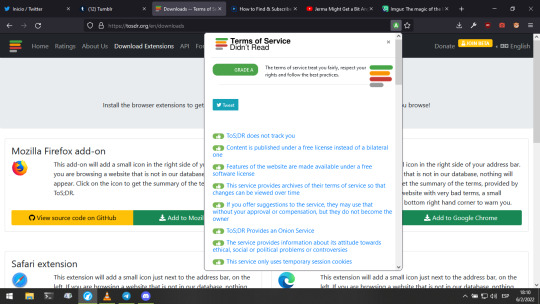
80K notes
·
View notes
Text
Do you think two girls could on purpose kissed?
49K notes
·
View notes
Note
You should draw a little doggy I think it would be beneficial for everyone

youre right
262 notes
·
View notes
Text
can y'all send some asks that are like “thoughts on ______”
#ask game#also yes there's about 54 other asks i gotta get to im.so sorry helppppp#do i have thoughts? let's find out
130K notes
·
View notes
Text
Ceasefire Deal Update

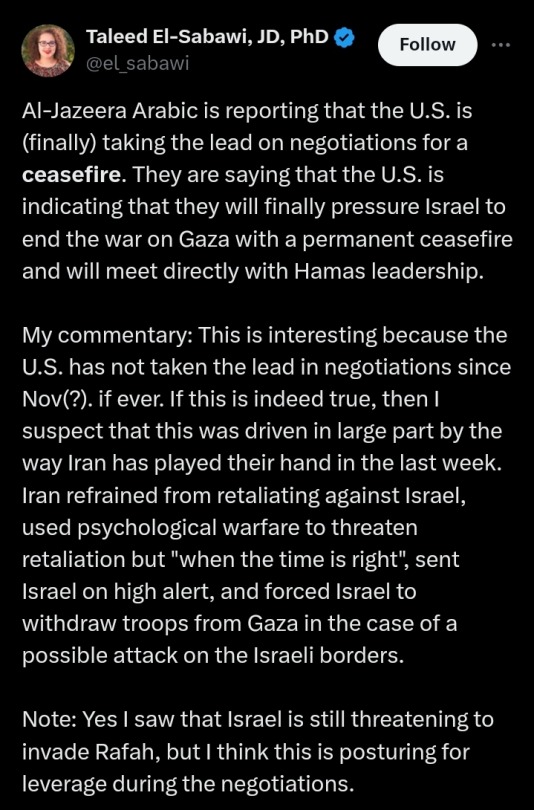


Additional context:
The IDF has withdrawn all but one brigade from Gaza
Hezbollah's Secretary General Hassan Nasrallah has said Iran's response will either end the war in Gaza or start a regional war. Iran has spent the past few days speaking to its allies and beefing up its defense so it could go either direction
739 notes
·
View notes
Text
The reason the work you’ve done on how you feel doesn’t seem like it’s working is because you need to do it until it works. It’s never been “this strategy will pull you up” it’s always been “here’s something you can do that will END with you getting out of that hole” the climbing still hurts and the being underground still hurts but that doesn’t mean it’s not working
166K notes
·
View notes
Text
SEND ME A SHIP AND A NUMBER AND I’LL WRITE A SHORT FIC
soulmates au
childhood best friends au
teacher/student au
teacher/single parent au
one night stand and falling pregnant au
meeting at a coffee shop au
fake relationship au
roommates au
meeting online au
high school popular kid/nerd au
partners in crime au
writer and editor au
co-stars au
lab partners au
meeting in the E.R/A&E au
brand new neighbours au
meeting at a party whilst drunk au
waking up with amnesia au
parents meeting when they take their kids to class au
dysfunctional relationship au
best friends sibling au
two miserable people meeting at a wedding au
meeting on a train ride au
literally bumping into each other au
librarian/avid reader au
sitting on the same park bench au
meeting at a support group au
knocking on the wrong door au
going away to war au
tourist/knowledgeable local au
prostitute/client au
doctor/companion au
celebrity/fan au
meeting at a masquerade ball au
one of them trying to get the other one off of drugs au
living in a society where their love is taboo au
meeting in prison au
cop/person getting a speeding ticket au
long distance relationship au
exes meeting again after not speaking for years au
ghost/living person au
star-crossed lovers au
falling in love with their best friend’s partner au
one of them being diagnosed with a terminal illness au
pretending to hate each other au
nanny/single parent au
meeting at a festival au
meeting again at a high school reunion au
boss/intern au
going through a divorce au
#ask games#fic#do i even remember how writing works#im not promising shit ok!!!! i did however recently reread one of my wips and was like........maybe
45K notes
·
View notes
Text
One of the most common criticisms of "housing first" initiatives (programs to provide housing for unhoused people unconditionally without gatekeeping) is that housing first "does not improve mental health."
Now, let's set aside for the moment that this criticism is irrelevant -- the purpose of housing is to provide shelter, not to "improve mental health" -- what definition of "mental health" could possibly make this true? As much as I try to critique and deconstruct the social construction of "mental health," how could it possibly be true that having a safe, assured place to live would not result in greater happiness, greater inner peace, less depression, less anxiety, less negative emotions, than living on the street?
What possible definition of "mental health" would not be improved by being housed rather than unhoused?
Answering this requires unpacking the wildly different, almost completely unrelated, definitions of "mental health," one applied to relatively privileged people, and one applied to oppressed people.
For relatively privileged people, the concept of "mental health" is centered on emotional well-being, introspection and self-awareness, and the mitigation or management of negative emotions like pain, depression, anxiety, and anger.
For oppressed people, the concept of "mental health" is centered on compliance, obedience, and productivity.
Like most privilege disparities, this isn't binary. For most people who are privileged in some ways and marginalized in other ways, "mental health support" will include some degree of the emotional support given to privileged people, and some degree of the compliance and productivity training given to oppressed people, with the proportions varying on where exactly each person falls on various privilege axes. All children are oppressed by ageism, so all children's "mental health" has some elements promoting compliance, obedience, and productivity. But relatively privileged children may also receive some emotional support mixed in, while children of color, children in poverty, and children with existing neurodivergence labels will receive a much higher ratio of compliance training to emotional support.
One of the clearest illustrations of this disparity is the contrast between the "self-care" recommended to privileged people, and the "meaningful days" imposed on oppressed people.
Relatively privileged people are often told, by therapists, doctors, mental health culture, and self-help books, that they are working too hard and need to rest more. They're told that for the sake of their mental health, they need work-life balance, self-care, walks in the woods, baths with scented candles. Implicit in these recommendations is that the reason these people are working too hard is because of internal factors, like guilt or emotional drive, rather than external factors, like needing to pay the bills and not being able to afford a day off.
By contrast, unhoused people, institutionalized people, people labeled with "severe" or "serious" or "low-functioning" mental disabilities, are literally prescribed labor. Publicly funded "mental health initiatives" require the most marginalized members of society to work tedious jobs for little or no pay, under the premise that loading boxes at a warehouse will make their days "meaningful" and thus improve their "mental health." And unlike the self-care advice given to relatively privileged people, the forced-labor-for-your-own-good approach is not optional. People are either forced into it directly by guardians or institutions, or coerced into it as a precondition to access material needs like housing and food.
The form of "mental health" applied to relatively privileged people has some genuinely useful and beneficial elements. We could all stand to introspect and examine our own feelings more, manage our negative emotions without being overwhelmed by them, have self-confidence. We all need rest and self-care.
Still, privileged mental health culture, even at its best, is deeply flawed. At best, it tends to encourage a degree of self-centeredness and condescension. It's obsessed with classifying experiences as "trauma" or "toxic." It's one of the worst culprits in feeding the "long adolescence" phenomenon and generally perpetuating the idea that treating people as incompetent is doing them a kindness. Even the best therapists serving the most privileged clients have a strong tendency towards gaslighting and "correcting" people about their own feelings and desires.
But perhaps the worst consequence of privileged mental health culture is that it gives cover to the dehumanizing, abusive, compliance-oriented "mental health care" forced upon the most marginalized people. Privileged people are encouraged to universalize their experiences with sentiments like "We all deal with mental health" or assume that the mild, relatively benign "mental health care" they experienced are the norm, so what are those silly mad liberation people complaining about?
Tonight, I listened to a leader from an agency serving unhoused people talk about how "Everyone struggled with mental health during the pandemic"... and then later mention that their shelter categorically excludes people with paranoid schizophrenia diagnoses.
So perhaps "everyone struggles with mental health," but only certain people are categorically excluded from services, from shelter, from autonomy, from basic human rights, because of how their brains happen to work.
As always, it seems like so much effort in the mad liberation/ neurodiversity/ antipsychiatry movement is spent holding the hands of relatively privileged people receiving relatively privileged "mental health care" and reassuring them that we're not trying to take it away from them. Fine, it's great that you like your antidepressants and anti-anxiety medication and your nice therapist who listens to you and your support group. Great. Go live your best life. But that has nothing to do with our fight against forced drugging, forced labor, forced institutionalization, forced poverty. It's not even close to the same "mental health."
3K notes
·
View notes
Text
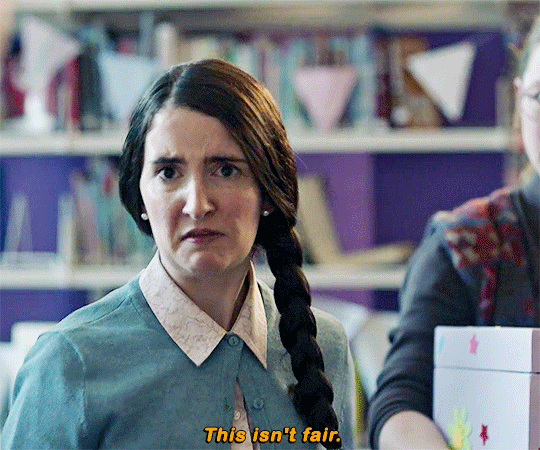
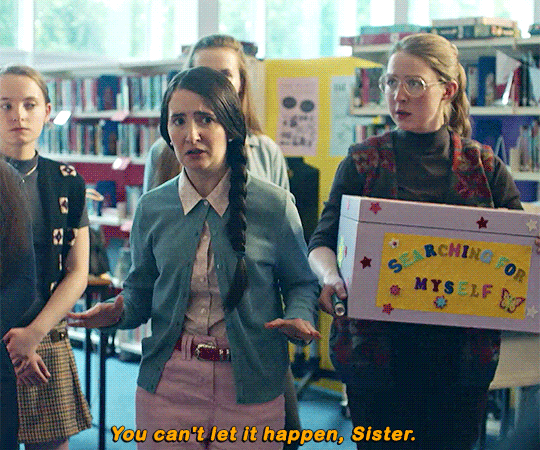
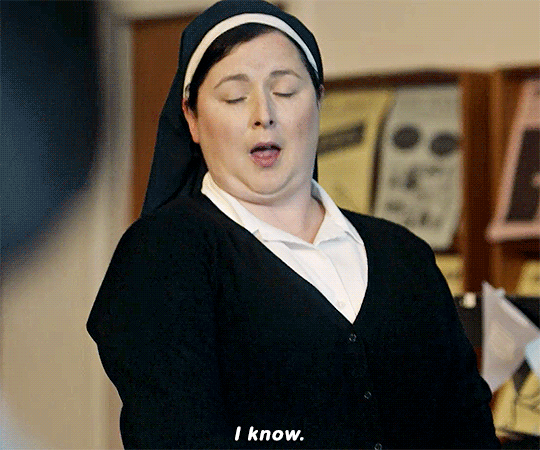

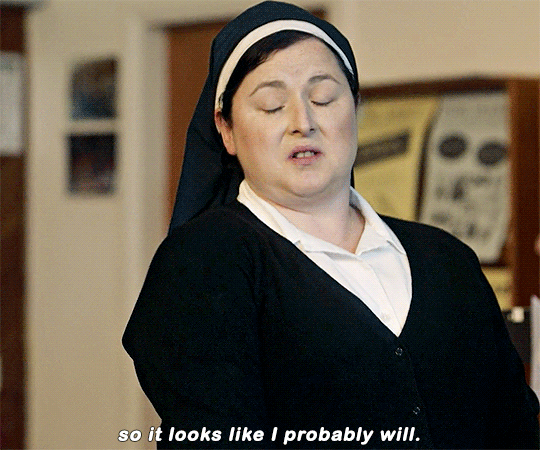
DERRY GIRLS (2018 - 2022) | 1.06
2K notes
·
View notes
Text
i love my bedroom it’s awesome here. it even has bed. and blanky.
31K notes
·
View notes
Text
I've asked this question before and been surprised by the results, now I have access to more weirdos it's your problem:
It is the middle of a Sunday afternoon. You have nothing on, and aren't expecting visitors, deliveries or post.
Unexpectedly, there is a knock at the door.
136K notes
·
View notes
Photo

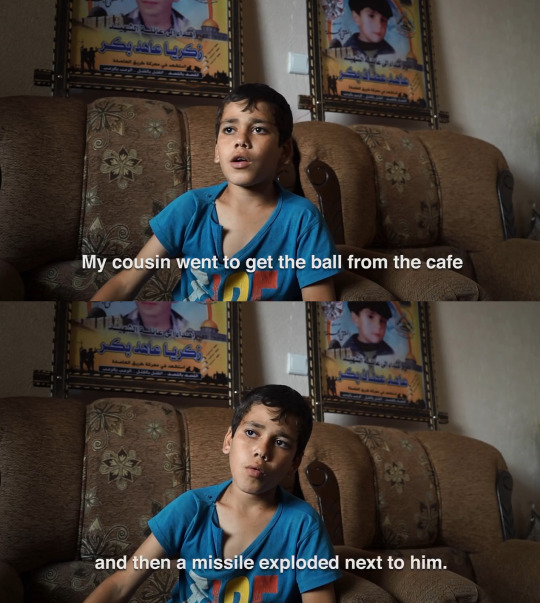
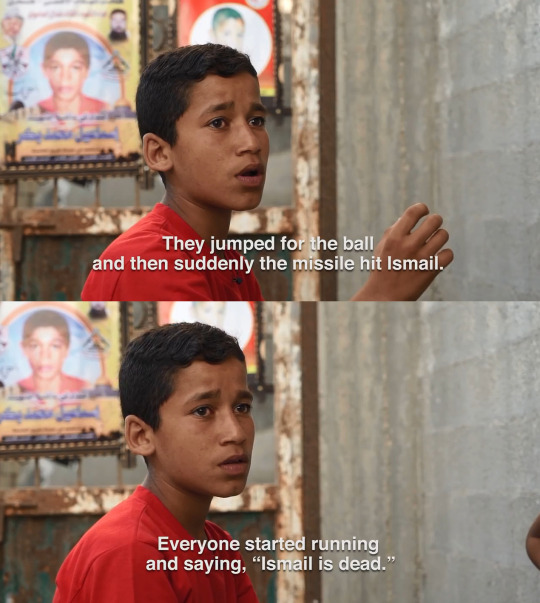
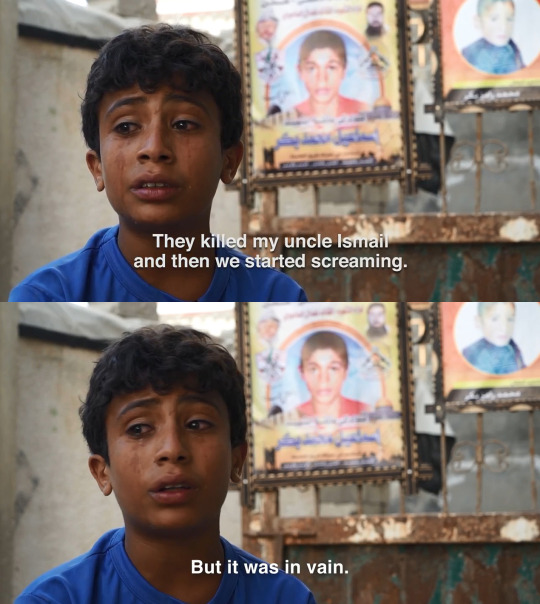
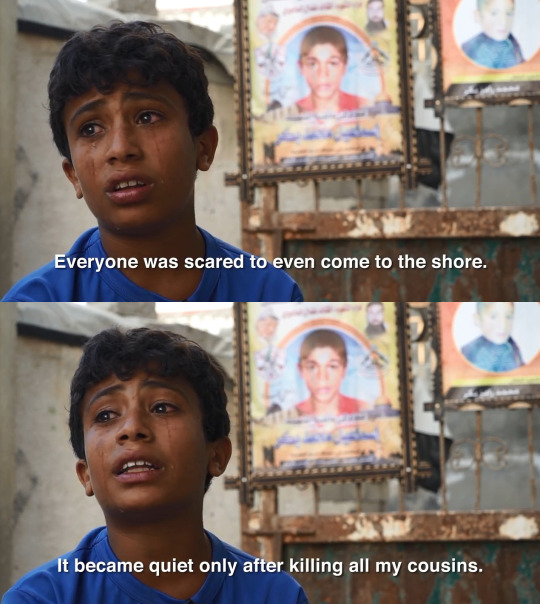
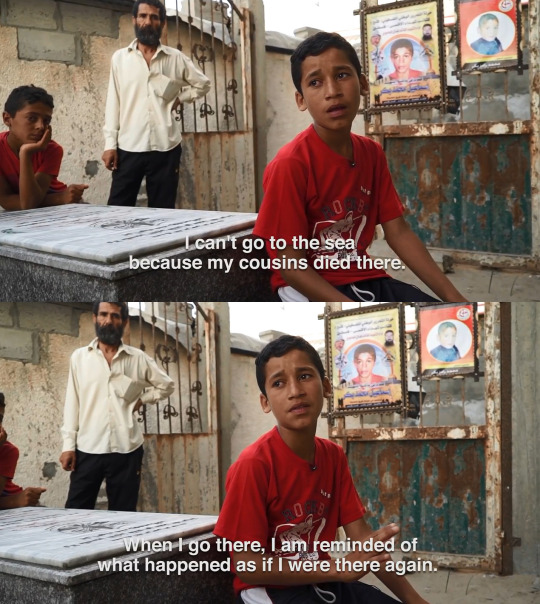
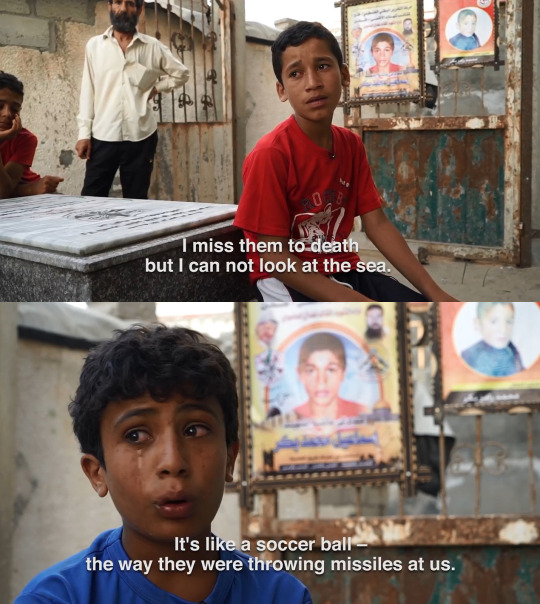
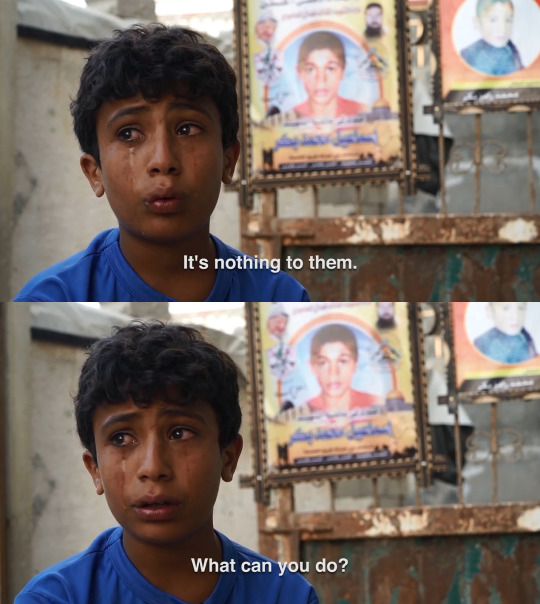
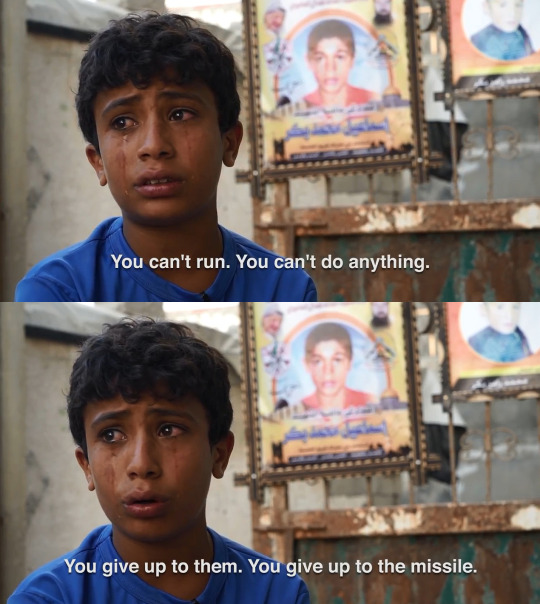
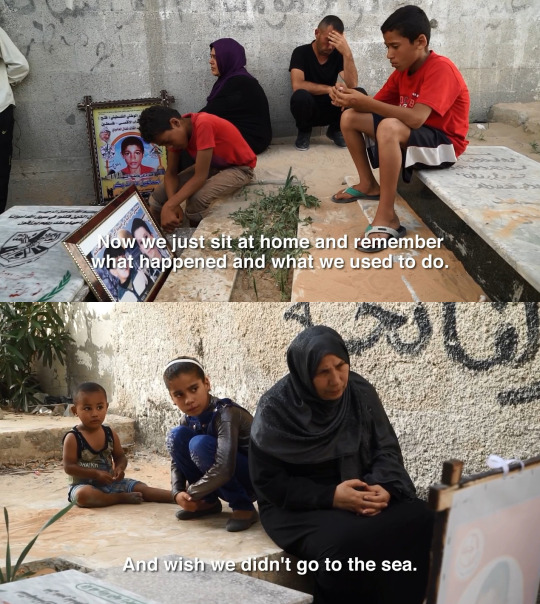
VIDEO: Living Under Israel’s Missiles
Four boys of the Bakr family were killed by a missile strike during last year’s incursion. Their surviving family members are still scarred from the attack.
More than anyone, children bear the brunt of regular Israeli military assaults on the Gaza Strip. During the 51-day war in the summer of 2014, 551 children were killed and 3,436 were injured. But these gruesome figures say little about the psychological state of the nearly 800,000 children who have survived the periodic bombing campaigns. After the final cease-fire that ended Israel’s Operation Protective Edge on August 26 of last year, UNICEF estimated that at least 425,000 Palestinian children in the besieged Gaza Strip require “immediate psychosocial and child protection support.”
[ The physical wounds of Gaza children might have healed, but they live with enduring psychological trauma ]
597K notes
·
View notes
Text
“I know I’ve told this story before, but my abusive ex refused to let me take birth control. I was on the pill until he found them in my purse. I went to the Student Health Center—they were completely unhelpful, choosing to lecture me about the importance of safe sex (recommending condoms) instead of actually listening to my problem. Then I went to Planned Parenthood. The Nurse Practitioner took one look at my fading bruises and stopped the exam. She called in the doctor. The doctor came in and simply asked me: “Are you ready to leave him?” When I denied that I was being abused, she didn’t argue with me. She just asked me what I needed. I said I need a birth control method that my boyfriend couldn’t detect. She recommended a few options and we decided on Depo. When I told her that my boyfriend read my emails and listened to my phone messages and was known to follow me, she suggested to do the Depo injections at off hours when the clinic was normally closed. She made a note in my chart and instructed the front desk never to leave messages for me—instead, she programmed her personal cell phone number into my phone under the name “Nora”. She told me she would call me to schedule my appointments; she wouldn’t leave a message, but I should call her back when I was able to. And that was it. No judgment. No lecture. She walked me to the door and told me to call her day or night if I needed anything. That she lived 5 blocks from campus and would come get me. That I wasn’t alone. That she just wanted me to be safe. I never called her to come to my rescue. But I have no doubt that she would have come if I had called. She kept me on Depo for a year, giving me those monthly injections in secret, helping me prevent a desperately unwanted pregnancy. I cannot thank Planned Parenthood enough for the work they do.”
—
Curious Georgiana (via grrrlstudies)
I know I’ve reblogged this before, but it bears re-reblogging (?). This is how you respond to abuse, this is how you give people control over their bodies/uteruses, this is how you act as a generally non-judgmental and compassionate person. I love this story so fucking much.
(via coffeewithants)
220K notes
·
View notes
Text
Mirna El Helbawi just put out an update — right now the Gaza Esims email only has 500 esims left when they send out more than 3,000 esims daily. If you have not yet sent an E-sim, now is the time to do so.
To send an e-sim, refer to the information at https://gazaesims.com/

(February 15, 2024)
22K notes
·
View notes


